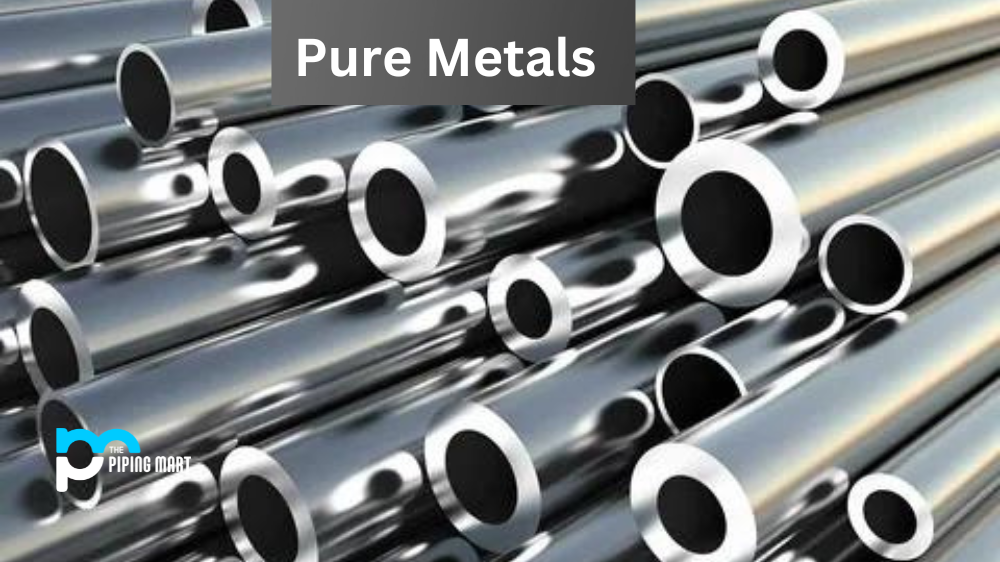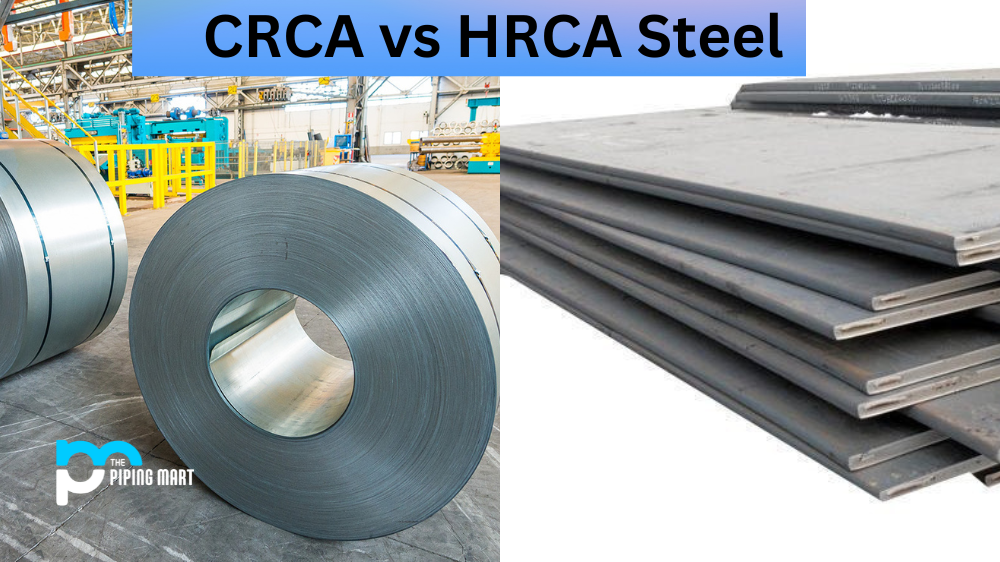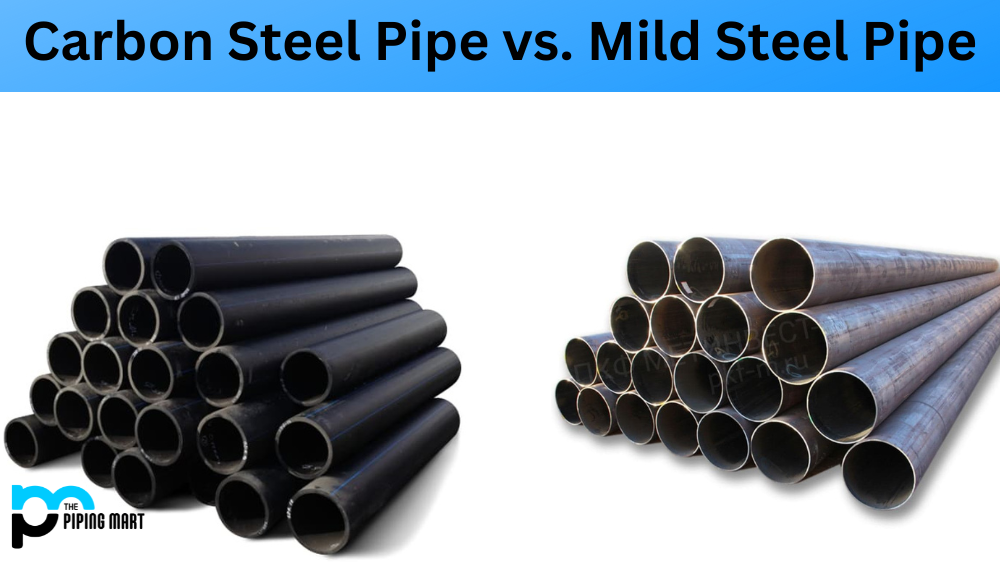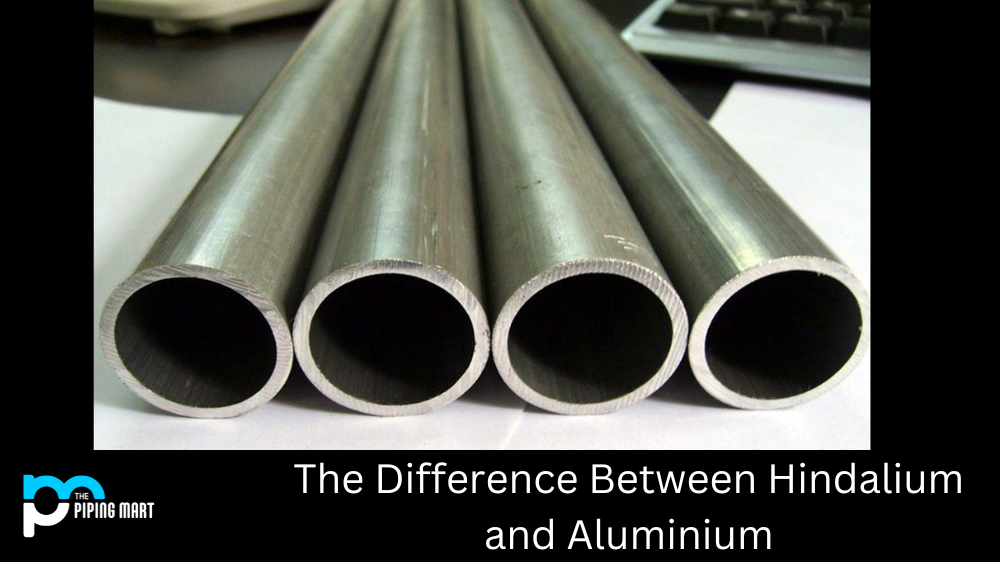When it comes to materials used in engineering and metalworking, one of the most important decisions is whether to use a pure metal or an alloy. While some applications may require pure metals, alloys often offer advantages that make them the better choice. Let’s look at the advantages and disadvantages of alloys over pure metals.
Advantages of Alloys Over Pure Metals
The main advantage of using alloys over pure metals is that they can be tailored for specific applications. An alloy is created by combining two or more chemical elements, which allows engineers to adjust properties like strength, hardness, corrosion resistance, ductility, and electrical conductivity to suit the needs of a particular application. This flexibility makes alloys well-suited for various uses in industries ranging from aerospace engineering to medical device manufacturing.
Another advantage of alloys is that they are often stronger than their constituent pure metals. For example, steel—an alloy composed mostly of iron—is much stronger than iron because it contains other elements such as carbon and manganese. Similarly, brass—a combination of copper and zinc—has a greater hardness than copper or zinc.
Alloys are Stronger
One of the primary advantages of alloys over pure metals is that they are stronger. This is because alloys contain multiple metals that are bonded together, making them more resistant to breakage and wear than pure metals.
Alloys are More Durable
Another advantage of alloys is that they are more durable than pure metals. This is because alloys are less likely to corrode or deteriorate over time. Alloys can also withstand higher temperatures than pure metals, making them ideal for high-temperature environments.
Alloys Can be Customized
Another advantage of alloys is that they can be customized to meet the specific needs of a given application. For example, an alloy can be created specifically designed to be strong and durable or designed to resist corrosion. By contrast, pure metals cannot be customized in this way.
Alloys Are Less Expensive
Alloys are also generally less expensive than pure metals. This is because alloys can be made from cheaper metals, such as iron or steel, combined with more expensive metals, such as gold or silver. As a result, alloys offer a good balance between cost and performance.
Alloys Offer Better Thermal Conductivity
Alloys also offer better thermal conductivity than pure metals. This means they can dissipate heat more effectively, making them ideal for use in applications where heat dissipation is essential, such as in electronic devices.
Disadvantages Of Alloys Over Pure Metals
One disadvantage of alloys is that they are only sometimes as reliable as pure metals; due to their complex compositions, they can be more prone to deterioration over time when exposed to certain environments or conditions. Additionally, depending on their composition, some alloys may be more difficult (and expensive) to manufacture than pure metals; this can limit their usage in certain industries where cost constraints are an issue. Finally, since each alloy has unique properties, it can be difficult for engineers and metalworkers to find a suitable alloy for any given application without extensive research and testing.
Alloys are less strong than pure metals.
One of the primary disadvantages of alloys is that they are less strong than pure metals. This is because alloys contain impurities that can weaken the metal. In some cases, the impurities can also make the metal more brittle, making it more likely to break under stress.
Alloys are more expensive than pure metals.
Another disadvantage of alloys is that they are usually more expensive than pure metals. This is because alloys are less common than pure metals and thus cost more. Additionally, alloys often require special processing to achieve the desired properties, which can add to the cost.
Alloys can be challenging to work with.
Another downside of alloys is that they can be challenging to work with. This is because alloys often have different melting points than pure metals, making them difficult to cast or weld. Additionally, alloys often have other physical and chemical properties than pure metals, making them difficult to machine or process.
Alloys may corrode more easily than pure metals.
Alloys may also corrode more easily than pure metals due to impurities. The impurities can provide sites for corrosion to occur, which can cause the alloy to degrade over time. Additionally, some alloys are more susceptible to corrosion than others, depending on the type of impurities present.
Alloys may have different electrical properties than pure metals.
The impurities present in alloys can also affect their electrical properties. In some cases, the impurities can make the alloy a better conductor of electricity, while in other cases, they can make it a poorer conductor.
Conclusion:
In conclusion, while there are some potential disadvantages associated with using alloys over pure metals in engineering and metalworking applications, these drawbacks are typically outweighed by the many advantages offered by these versatile materials. By carefully researching each type of alloy available and testing them against your specific application requirements, you will have the best chance of finding the perfect material for your project!
Sakshee is a talented blogger, with a particular focus on the Business and Metal Industry. She is passionate about sharing her insights on various metal products and helping professionals to make a better decisions.




